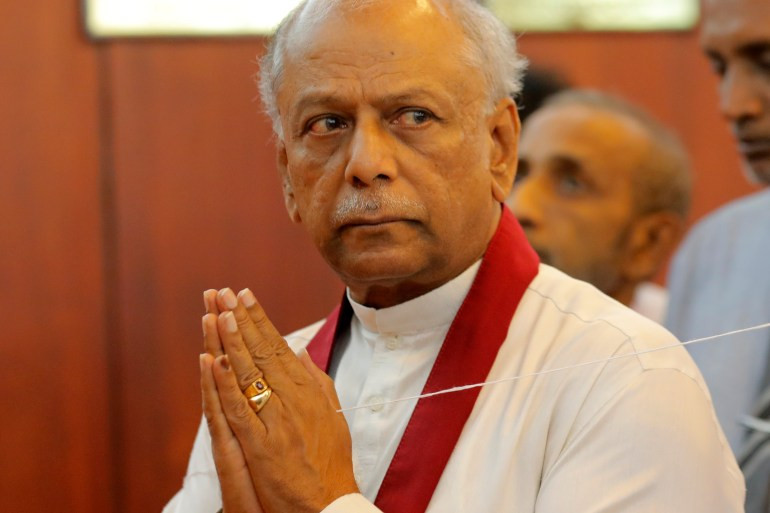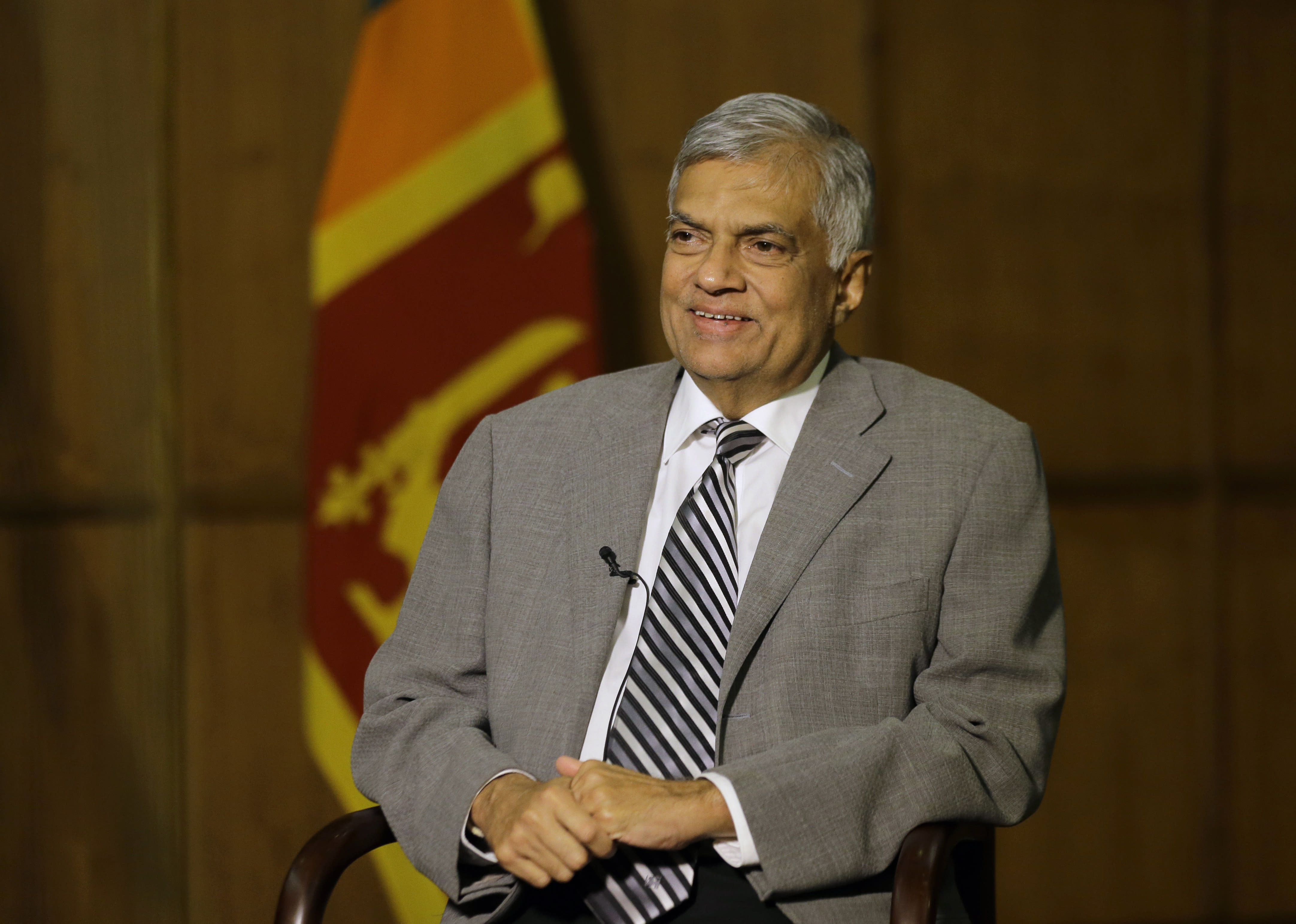Harini Amarasuriya was sworn in as the 16th prime minister of Sri Lanka on Tuesday. She is the third woman politician from Sri Lanka to hold the office of the prime minister. She will additionally hold portfolios in justice, education, labour, industries, science and technology, health, and investments.
The 54-year-old rights activist has been chosen by president Anura Kumara Dissanayake as she is one of the prominent faces in the JVP-NPP combine. Harini is the first woman prime minister of Sri Lanka since the late Sirimavo Bandaranaike took up office in 1994 and the third female prime minister in Sri Lanka’s history.
Harini Amarasuriya's Journey to Politics
A university lecturer, Amarasuriya obtained her PhD in Social Anthropology from the University of Edinburgh. Her research interests include state-society relations, political movements, dissent and activism.
The youngest daughter of a planter, Harini grew up in the southern part of Sri Lanka and later moved to Colombo when the government took over the tea estates. She then went to a private school in Colombo, where the nuns groomed both strong feminists and colonial wives.
Harini chose to be a feminist. But it was a challenging time in Sri Lanka when the civil war loomed large in the north and the armed insurrections raged in the south. So she went to the US to study on an exchange programme for a year. Then she took up her under graduation at the Hindu College of University in Delhi. She did her masters in Applied Anthropology in Australia and returned to Sri Lanka to work in the international humanitarian and development sector. Later, after a break, she went on to do her PhD.
But her transformation to get into mainstream politics began when she worked in the humanitarian sector. In 2011, when the Rajapaksa government was powerful, Harini along with her colleagues went on a protest march against the government. And then when the Maithirpala Sirisena government came to power in 2015, she turned towards the JVP.
Amarasuriya's Role in the New Government
Along with Harini, NPP parliamentarians Vijitha Herath and Laxman Nipunarachchi have also been sworn in as cabinet ministers. Harini, Vijitha and Laxman will serve as the ministers in the caretaker cabinet with the imminent dissolution of parliament. A snap parliamentary election will be called for and then a full-fledged cabinet will take charge. The parliament election is likely to happen before the end of November.
A New Era for Sri Lankan Politics
The appointment of Harini Amarasuriya as the Prime Minister of Sri Lanka marks a significant milestone in the country's political landscape. Her background as a rights activist and academic, combined with her commitment to social justice and education, has led many to believe that she will bring a fresh perspective to governance. Her appointment is seen as a symbol of progress for women in Sri Lankan politics and could potentially inspire a new generation of female leaders.
What Lies Ahead
The coming months will be crucial for Harini Amarasuriya and the new government. The country is still recovering from the economic crisis of 2022, and there are many challenges ahead. However, with her experience and vision, Amarasuriya has the potential to lead Sri Lanka towards a brighter future.


















